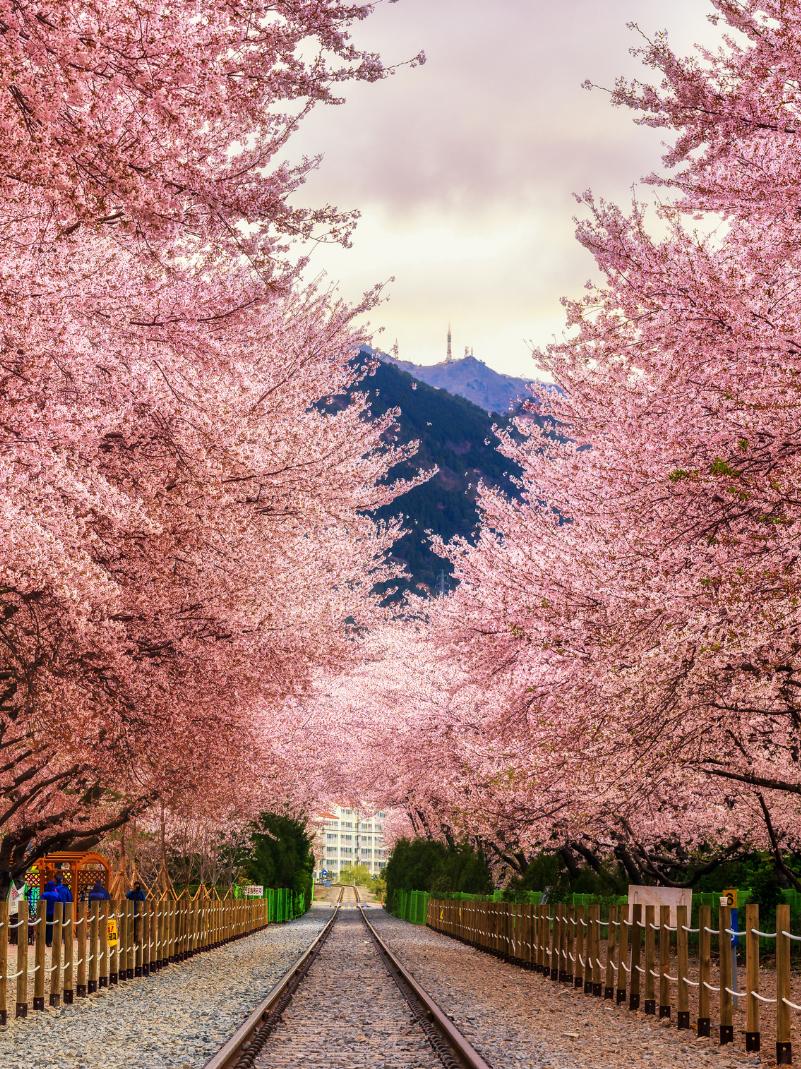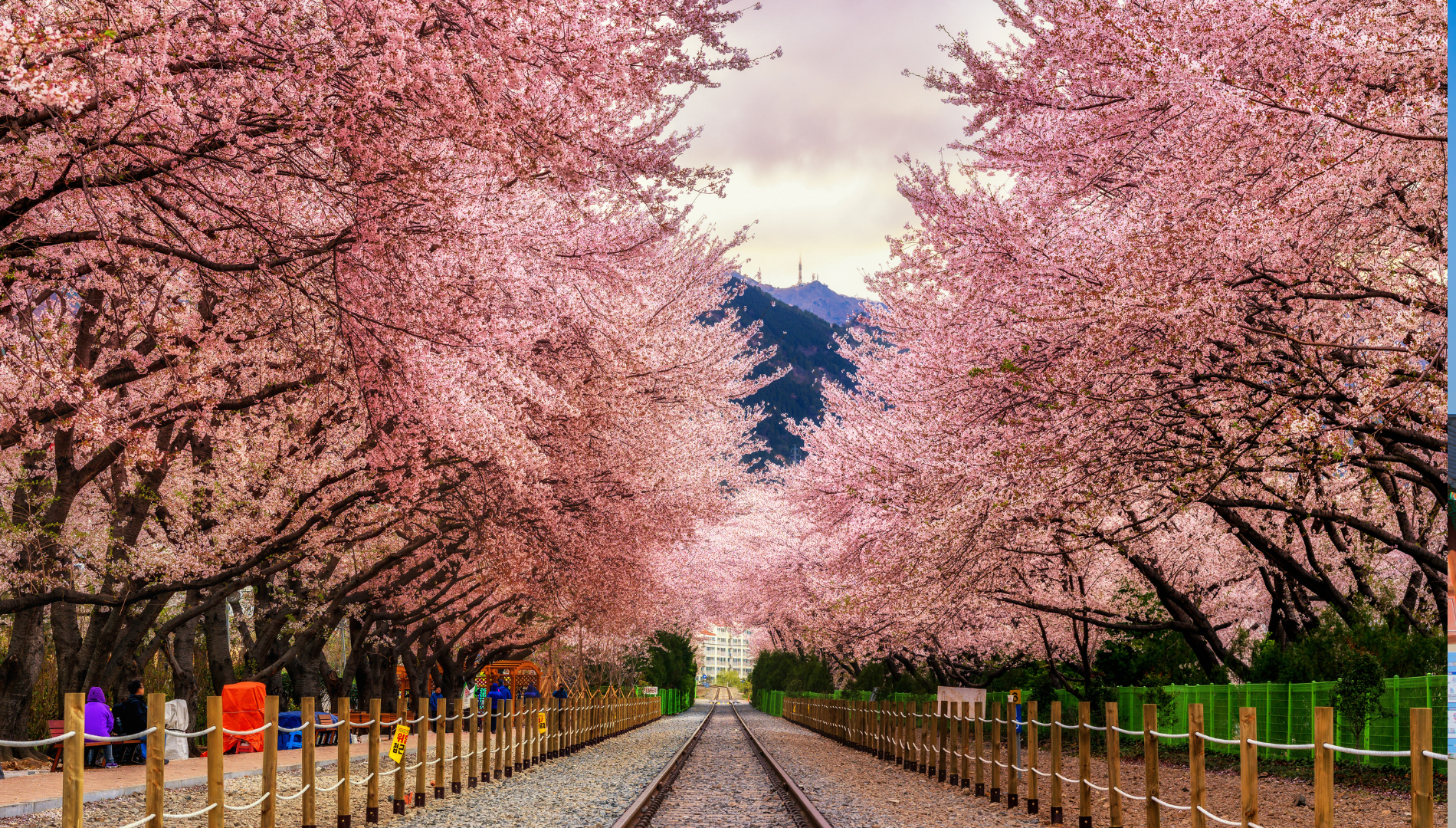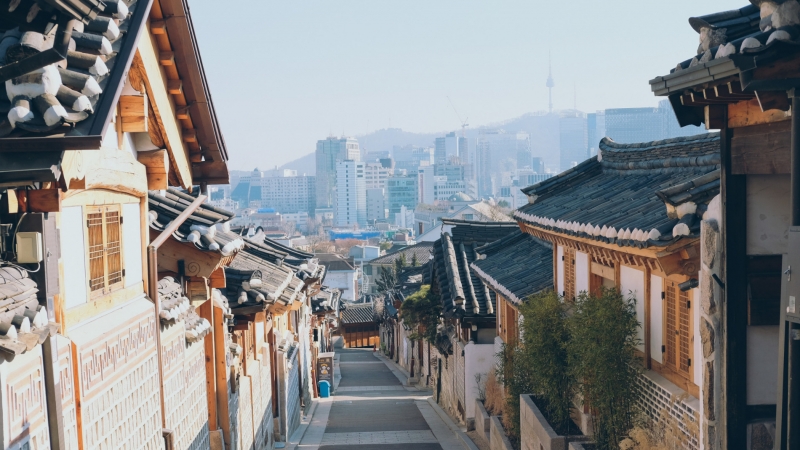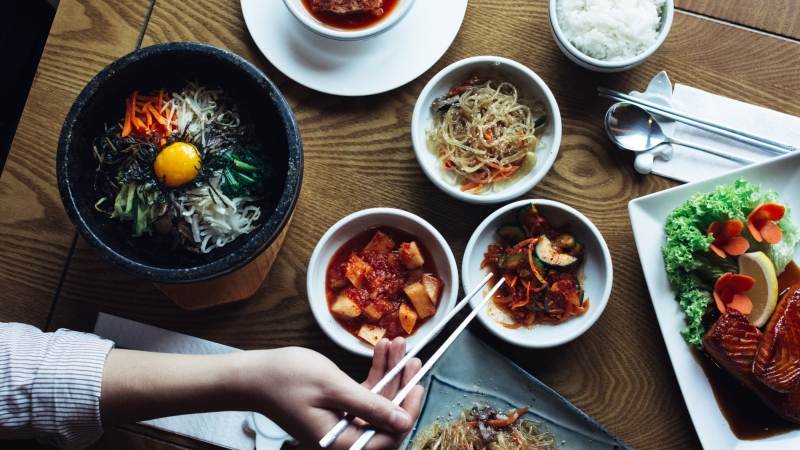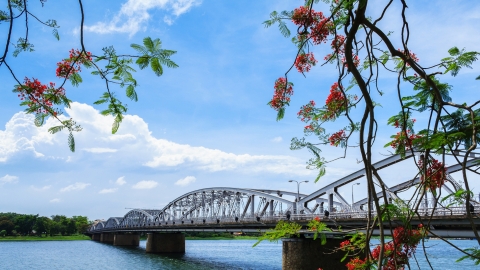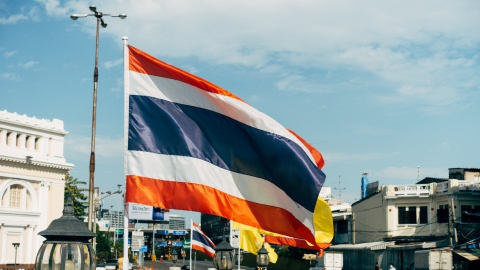The above is the result of a secret inspection by the Seoul city government of cheap package tours, in which foreigners participated as inspectors for the government. This is part of Seoul's initiative to combat "price-dumping" tours – referring to unreasonably low-priced tour packages where tourists are often taken to shops and pressured to buy expensive products such as cosmetics, nutritional supplements, and duty-free items.
The results show that some budget 5-day, 4-night tours focus more on shopping than sightseeing, with the number of times the tour guide takes tourists to shopping malls ranging from 4 to 8 times during the 5-day trip.
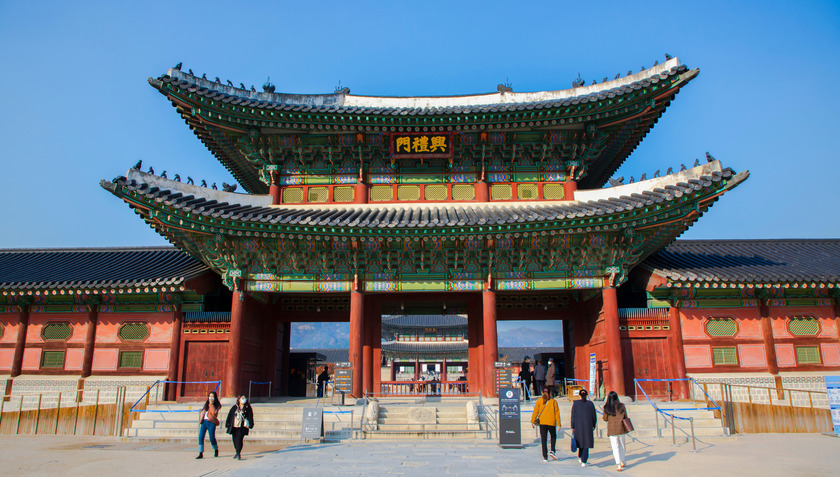
Seoul is trying to curb predatory, low-quality tour packages in order to improve its image and create healthy competition among tourism businesses.
Furthermore, tour guides' attitudes towards tourists change based on the quantity and type of goods purchased by the tourists. In some cases, tourists are pressured to buy goods at the beginning of the tour to help the tour guide meet sales targets and receive commissions from the shops.
There have even been cases where tour guides prevented tourists from leaving shopping malls for 40 minutes until one of the tourists in the group made a purchase. Therefore, tourists don't have much time to learn about Korean culture, history, and landmarks while being pressured to buy goods, negatively impacting tourism and damaging the destination's image in the long run.
Seoul city officials stated that the survey results cannot be generalized to all products, as it selectively surveyed a number of affordable package tours. However, the city government is determined to establish order in tourism and will take strict action against illegal activities that negatively impact the quality of tourism in South Korea in general and the image of Seoul as a tourist destination in particular.
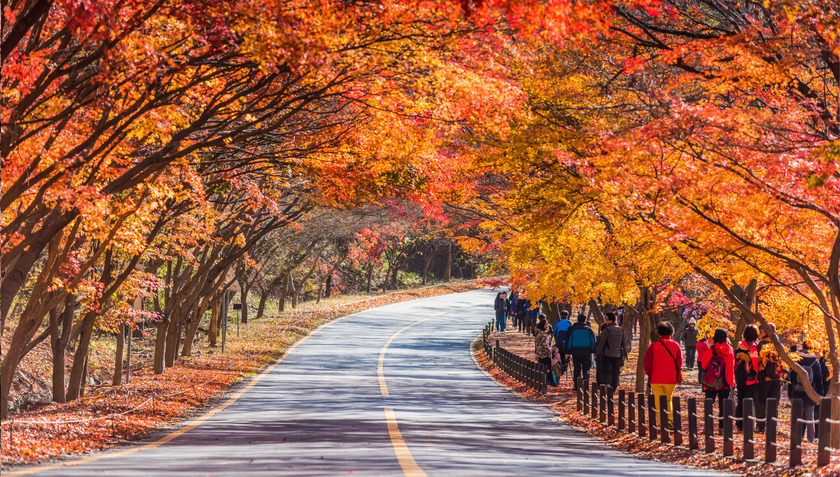
South Korea aims to attract 30 million foreign tourists by 2027, with a target of 70% of visitors returning.
The city government will send the survey results to the Korean Ministry of Culture, Sports and Tourism to prevent the sale of substandard tourism products. If necessary, they may consider legal measures. The survey results will also be communicated to the embassies of the relevant countries, urging them to take appropriate measures to rectify the actions of the offending tourism companies.
The Seoul city government conducted a comprehensive survey of Seoul tour packages offered to the Chinese market, which accounts for the majority of tourists visiting South Korea. The results showed that out of 3,097 Seoul tour packages sold on four major online platforms in China, 85% were suspected of promoting predatory pricing schemes.
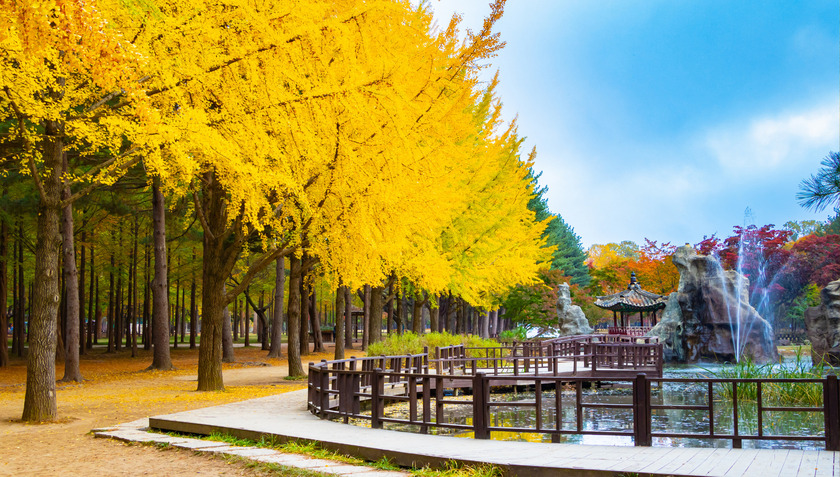
South Korea is in its peak tourist season in autumn, so policies are gradually becoming stricter.
Earlier, on March 3, the Seoul metropolitan government in South Korea announced it would intensify its crackdown on unfair tourism practices, also known as "dumping tours." This move aims to prevent such practices from damaging the city's reputation amid a surge in foreign tourists.
Kim Young-hwan, Director-General of the Seoul Tourism and Sports Bureau, said: "We will take strong action against illegal activities that negatively impact the tourism business and strive to improve the quality of tourism to make Seoul a more attractive city."

 VI
VI EN
EN



